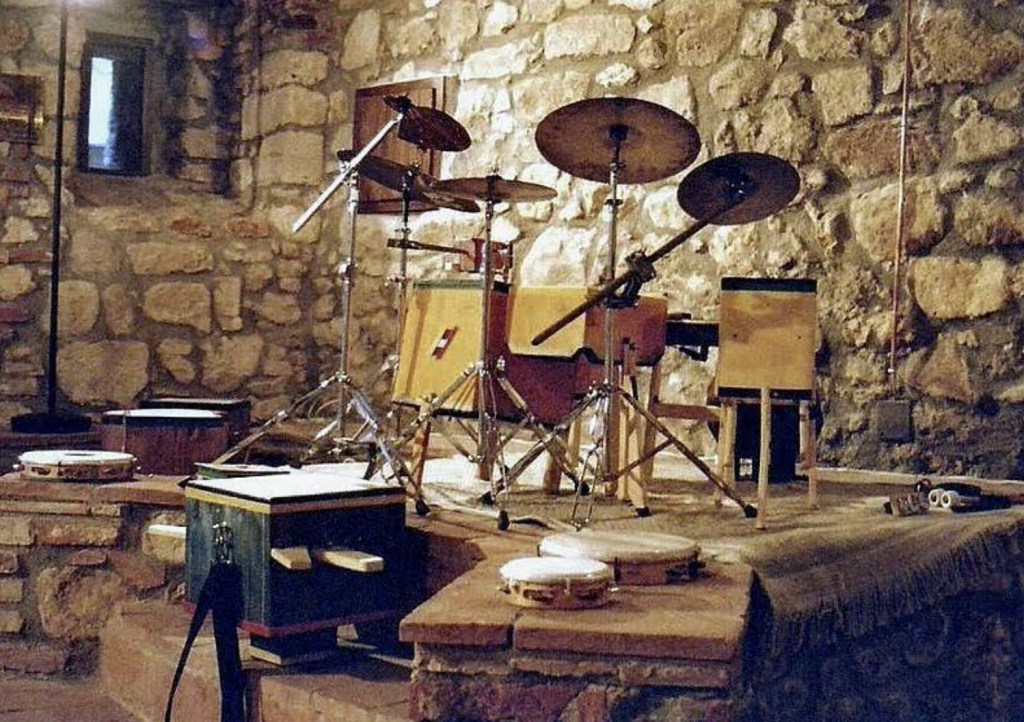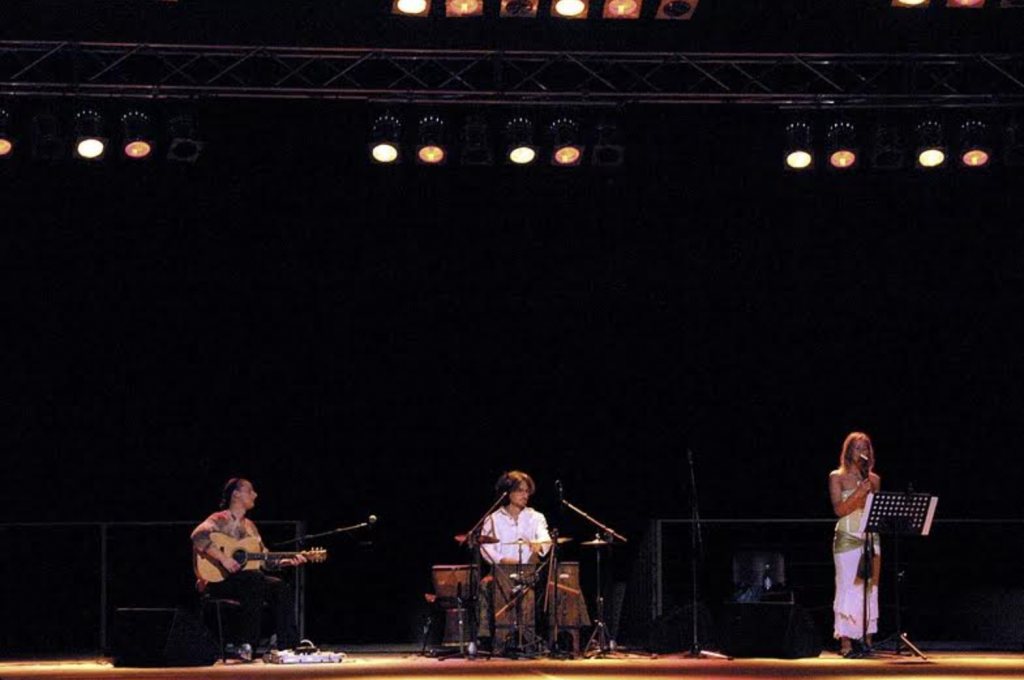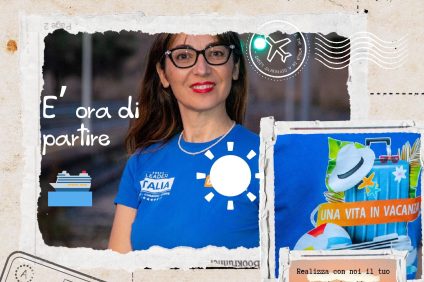In the past few weeks he has left us at only sixty, in an equally discreet and silent way as he had lived, the master Alessandro Ravi, composer, multi-instrumentalist, scholar of Etruscan music, experimenter percussionist and, above all, visionary inventor of instruments and new sound techniques.
Born in 1960, Ravi made his debut in 1992 with a record that made the history of experimental music in Italy, L'Offer of Water, published in Milan by the avant-garde DDD house in the “Instrument” series. It is probably the first opera in Italy in which percussion leads, as a primary instrument, the orchestration of a dense and highly articulated narrative plot declined according to precise mathematical schemes. The processing of the disc encountered, in fact, many difficulties, due to the complexity of the compositions, which subjected the musicians involved to an exceptional cognitive effort, despite these being the best performers available on the music scene: Ares Tavolazzi on bass, Mauro Pagani on violins, Riccardo Zappa on acoustic guitars, Giorgio Cocilovo on electric guitars and, in fact, Alessandro Ravi on percussion.
Electronic, rock and modern music
Some critics liken Ravi's work to Peter Gabriel's experiments made in Passion, the first album released for Real World. However, there is a big difference between Ravi and Gabriel. The latter has in fact the merit of having codified the "world music", combining the various exotic ethnic traditions to electronic, rock and modern western music, with the indisputable merit of having given way to an unprecedented dissemination movement of traditions almost unknown to our culture, such as qawwali singing, the " ballad ”Malagasy, pre-Islamic Arab mysticism.

Ravi's solitary work was instead carried out in the shadows, albeit more technical, Carthusian, esoteric: reserved for musicians rather than the public. In a 2002 article, the most authoritative magazine in the sector, “Percussions”, defined Ravi as an integral inventor, presenting his innovative square-based percussions, the WooDrum, baptized by Tony Esposito in 2001, as the result of a brilliant intuition. Ravi, in fact, during twenty-five years of study in his school / laboratory immersed in the scrub of the Maremma, developed and created the Woo version in wood of each of the known percussion instruments, from conga to bongo, from tablas to djembé and so on, bringing to light completely new sounds that the critic Giorgio Borghini defined as captivating and unusual. Ravi, who for many years devoted himself to the maniacal study of the few available documents and the meticulous analysis of funerary representations belonging to the pre-Roman culture of the Tyrrhenian, also managed to to reproduce with the use of information technology and electronics, those that, in his opinion, can be considered the sounds closest to Etruscan music.

Alessandro Ravi, who was also the author of hundreds of soundtracks for documentaries and dozens of pieces for the theater (in particular, modern dance and ballet), leaves us an inestimable heritage of studies on the technologies of our ancestors, as well as a series of unique and unrepeatable technical innovations. His work also reminds us how within the Italic civilizations the archetypes of music in the Mediterranean are preserved: it is above all by virtue of what that of percussion is a musical school that italiani.it aims to safeguard and spread.
Alessandro Ravi - essential discography
- The supply of water (1992, DDD)
- The new world (1993, Giano Geminus)
- Diary of a suspended mind (1995, Giano Geminus - electronics based on the study of Etruscan sounds)
- Beyond the Dark (1998, Giano Geminus)
- The invisible frontier (2000, Giano Geminus)
- Hidden Archeology (2017, Beata Beatrix)





